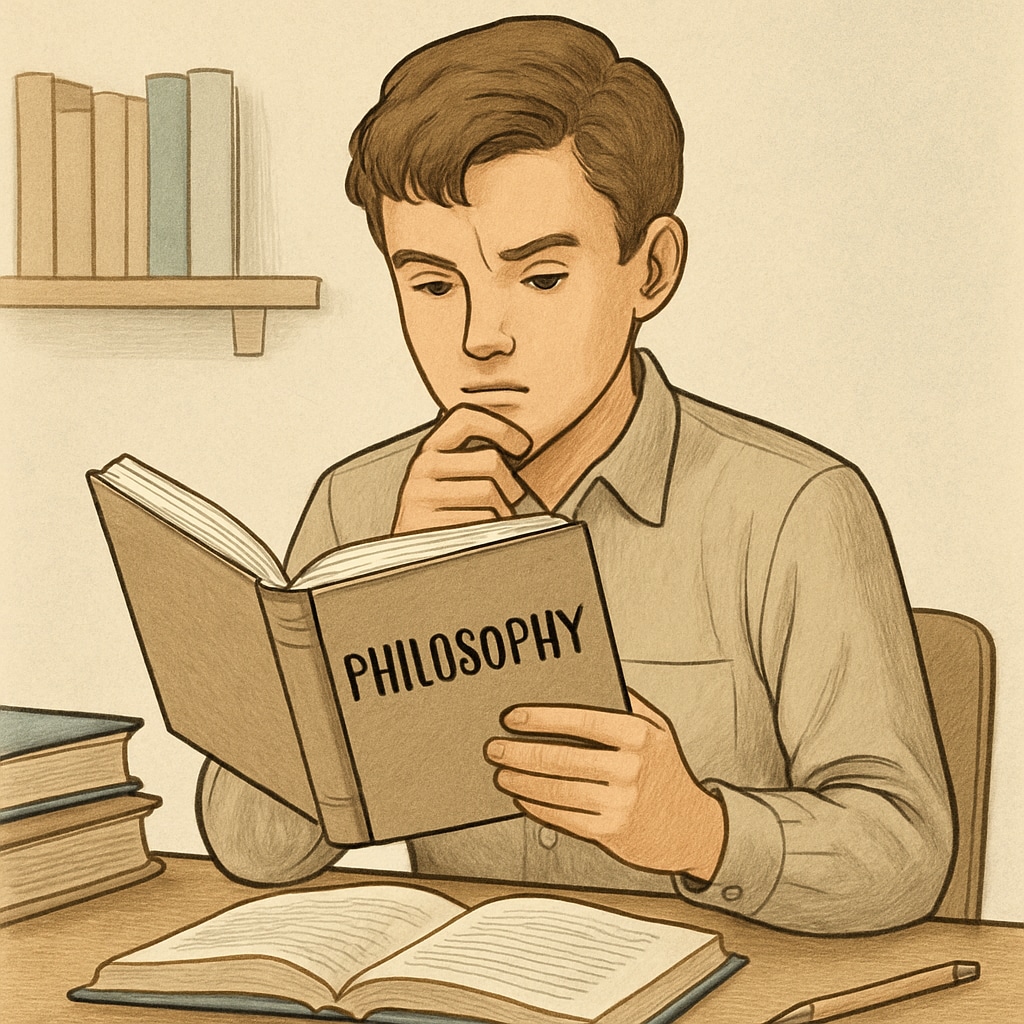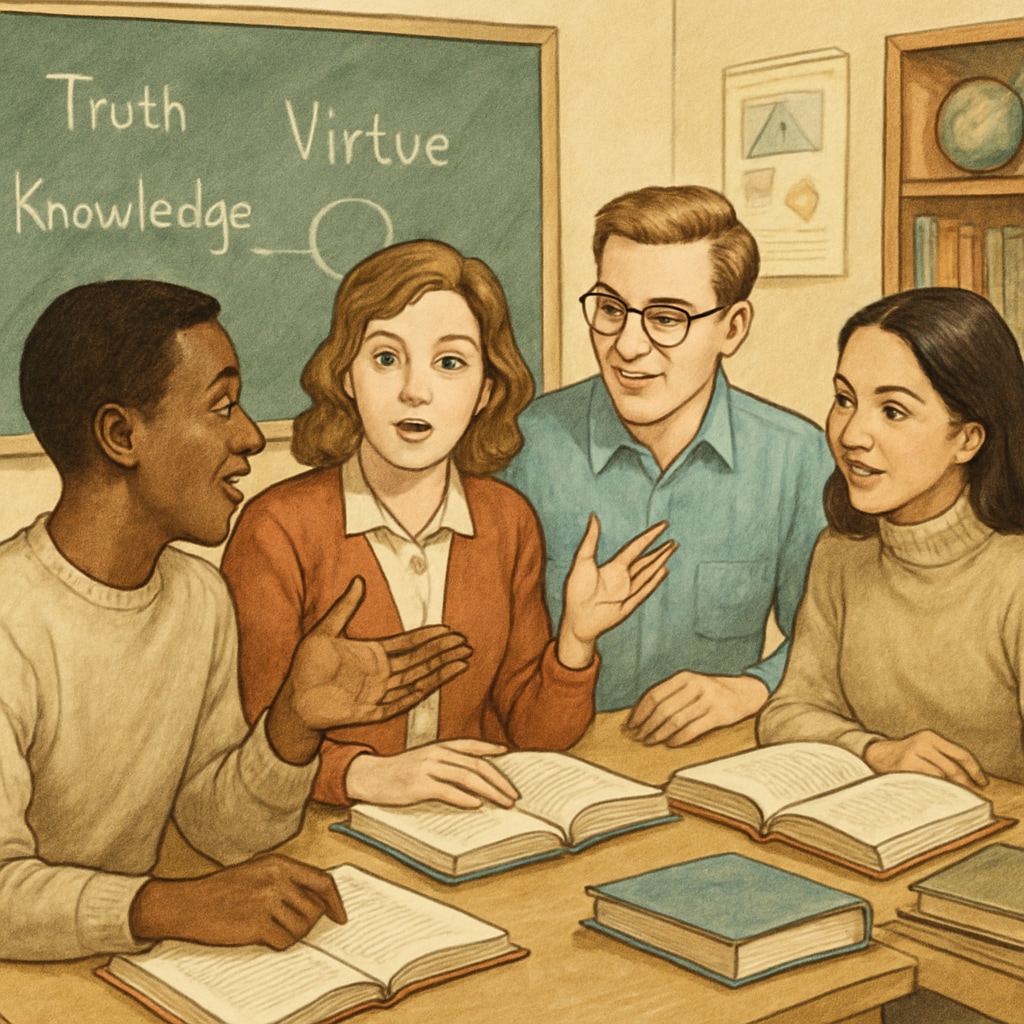Psychology, philosophy, and self-learning are increasingly important tools to help K12 students develop critical thinking, emotional intelligence, and a deeper understanding of the world. While these subjects are not always a part of their formal curriculum, students can still explore them through non-academic avenues. This guide introduces practical resources and strategies to inspire young learners to dive into these fascinating fields.
Introducing Philosophy and Psychology to Young Learners
Philosophy encourages students to question the nature of reality, morality, and existence. Psychology, on the other hand, helps them understand human behavior and mental processes. Together, these disciplines foster critical thinking, empathy, and creativity, making them valuable for K12 students.
To begin their journey, students can explore age-appropriate books, podcasts, and online platforms. For example:
- Books: Titles like Sophie’s World by Jostein Gaarder offer a beginner-friendly introduction to philosophy. Meanwhile, The Psychology Book from DK Publishing provides an engaging overview of psychological concepts.
- Podcasts: Shows like Philosophy Bites and The Psych Files introduce key ideas and theories in digestible formats.
- Online Platforms: Websites such as Khan Academy and Coursera offer free courses tailored to young learners.

Practical Methods for Self-Learning
To effectively self-learn psychology and philosophy, students should adopt structured yet flexible approaches. Some helpful methods include:
- Journaling: Encourage students to write down their thoughts on philosophical questions or behavioral observations to develop their analytical skills.
- Debates: Host family or peer discussions on ethical dilemmas or psychological theories to foster critical thinking and communication.
- Media Analysis: Analyze characters and narratives in movies or books to understand psychological motivations and philosophical concepts.
For example, analyzing the character development in a movie like Inside Out (psychology) or discussing the moral choices in Harry Potter (philosophy) can make learning engaging.

Resources for Advanced Exploration
As students grow more comfortable with the basics, they can move on to more advanced resources. Here are some recommendations:
- Philosophy: Explore works by thinkers like Plato (The Republic) or Descartes (Meditations on First Philosophy).
- Psychology: Dive into classics like Sigmund Freud’s The Interpretation of Dreams or Carl Jung’s Man and His Symbols.
- Academic Journals: Platforms such as JSTOR provide access to scholarly articles for deeper insights.
Additionally, students can enroll in specialized online courses or attend workshops to further their understanding of these subjects.
Self-learning in psychology and philosophy during the K12 phase can be transformative. By exploring these fields, students not only broaden their intellectual horizons but also develop skills that will benefit them for life. Whether through books, discussions, or online platforms, the journey toward understanding the mind and wisdom awaits.
Readability guidance: Use short paragraphs and lists to summarize key points. Incorporate transitional phrases like “for example” or “in addition” for flow. Limit passive voice and lengthy sentences for clarity.


